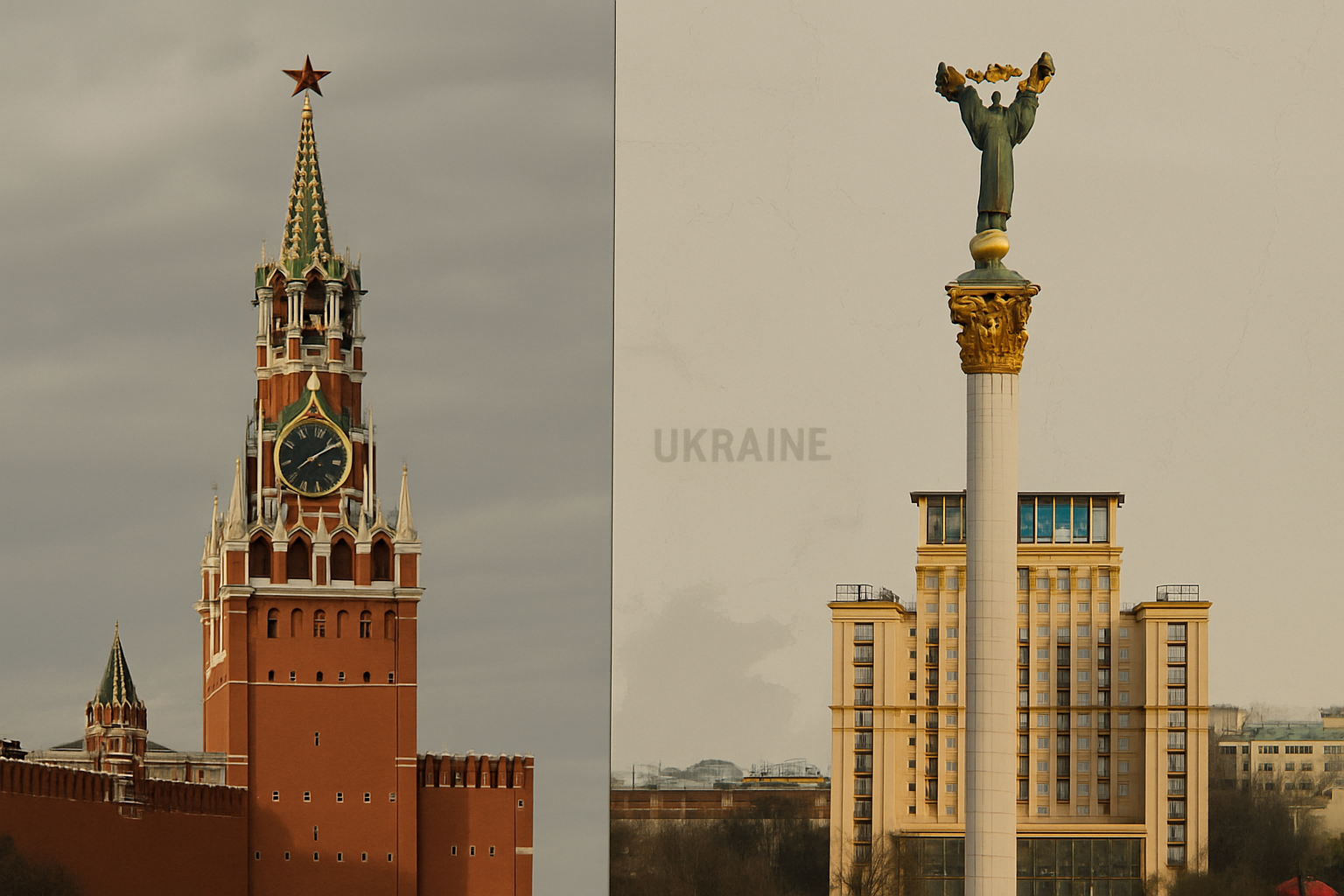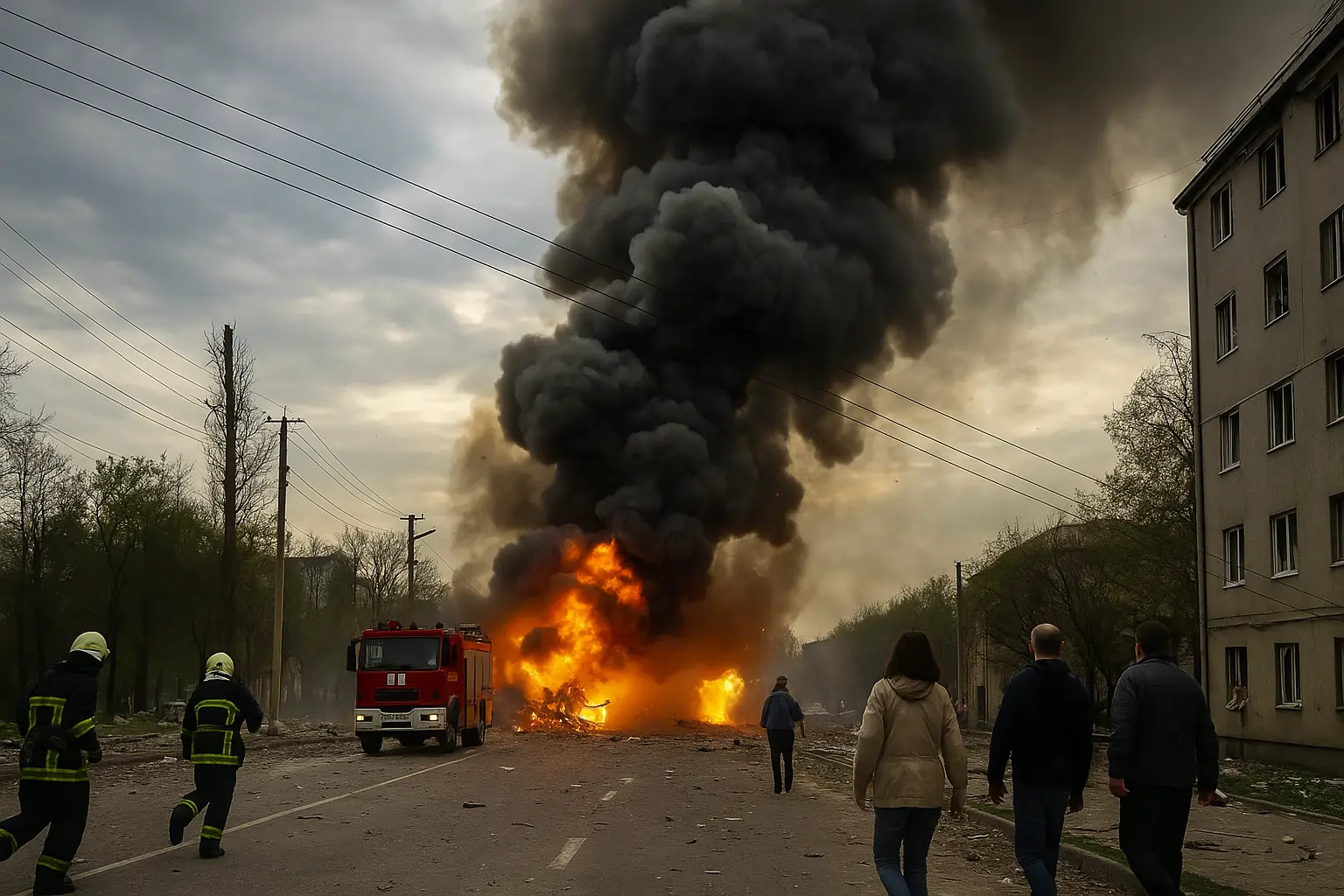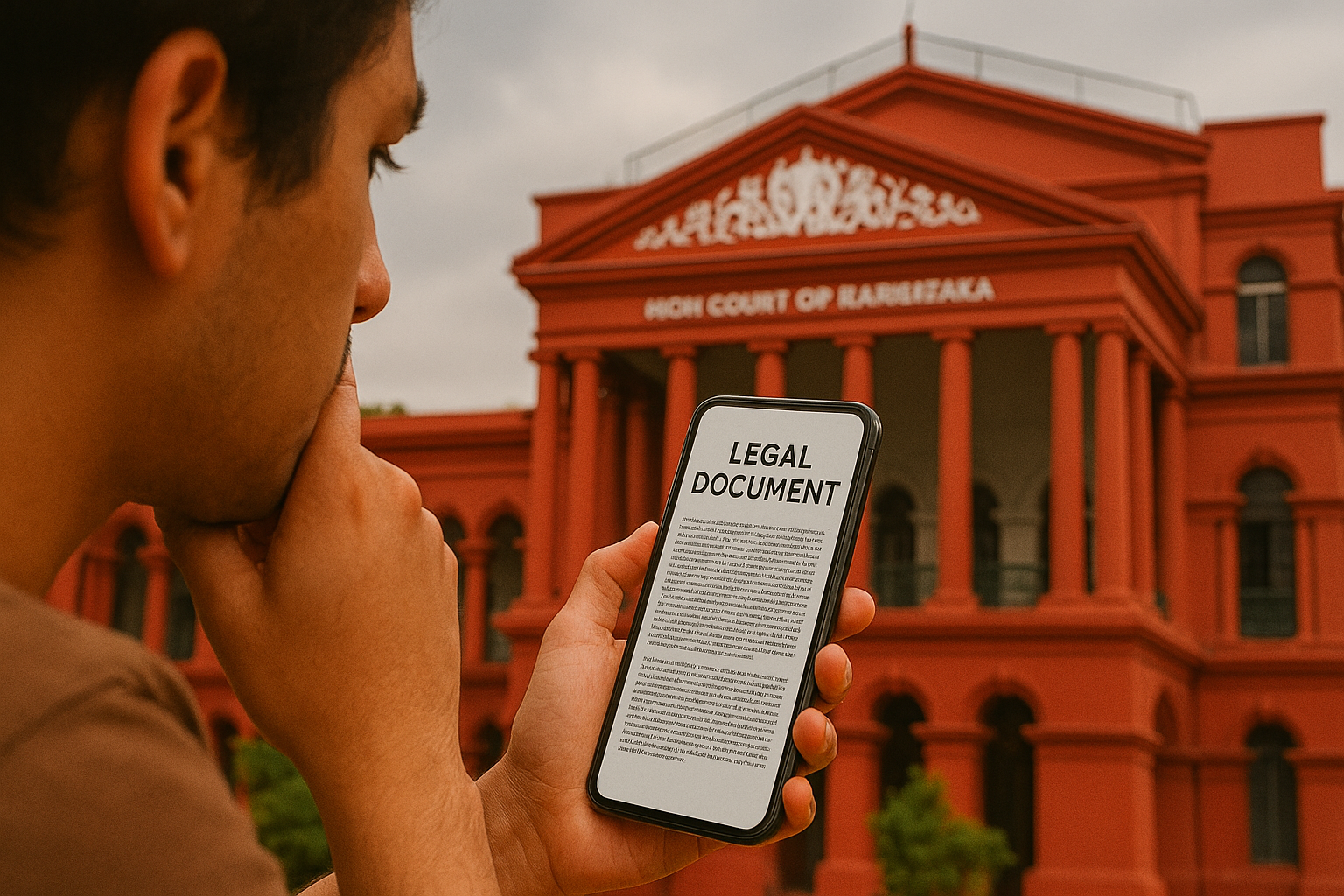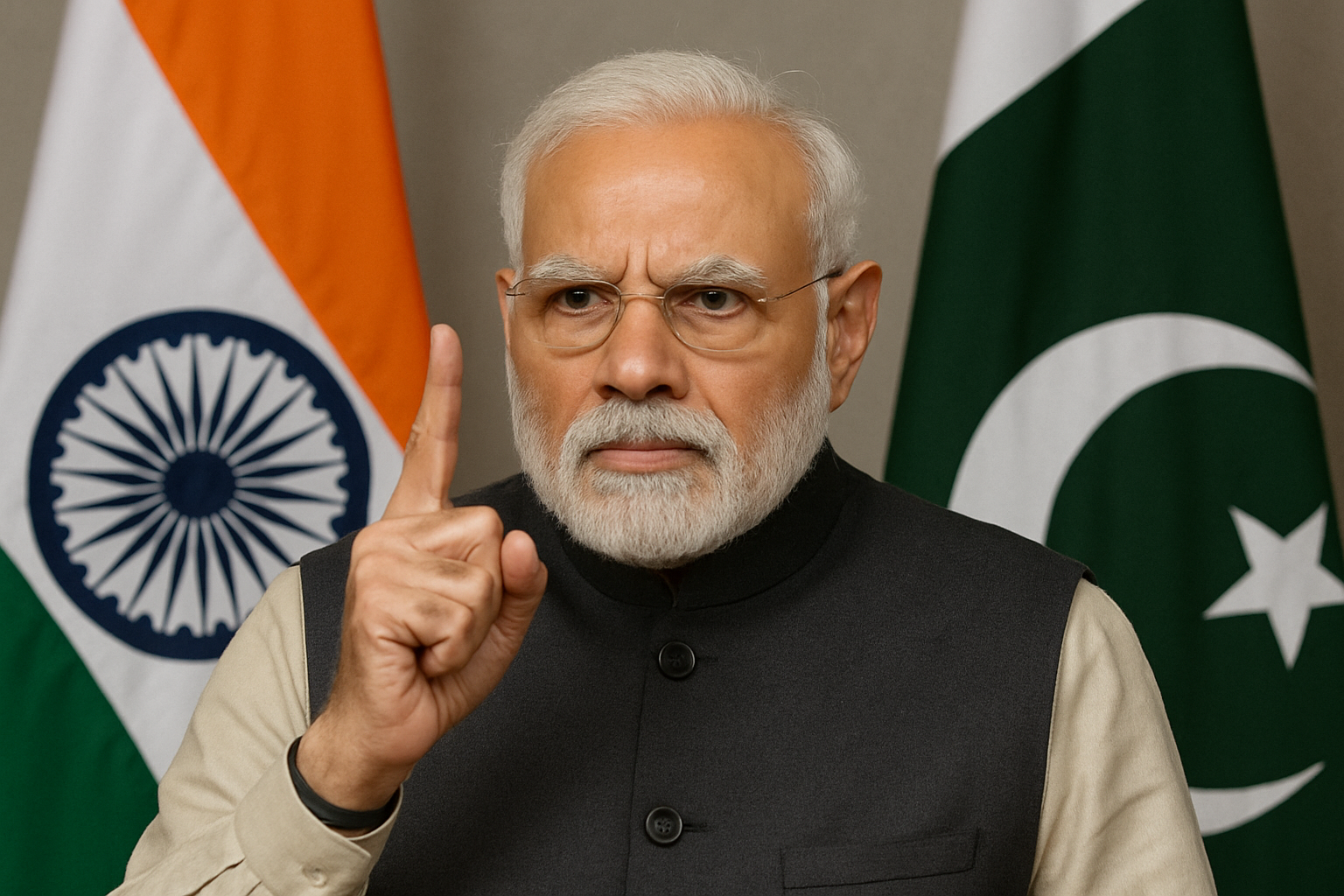The Russia-Ukraine war has been one of the most defining international events in recent times. What started as a regional conflict in early 2022 quickly escalated into a global crisis, affecting everything from oil prices to world diplomacy. For UPSC aspirants, it’s not just a current event—it’s a vital topic that spans international relations, economy, foreign policy, and global security.
Let’s unpack this complex issue in a simple, exam-relevant way.
Understanding the Background
To make sense of the conflict, it’s important to go back in time. Ukraine was once part of the Soviet Union. After gaining independence in 1991, Ukraine tried to strengthen its ties with Europe and NATO, something Russia wasn’t comfortable with.
In 2014, Russia annexed Crimea, which marked a turning point. Tensions simmered until February 24, 2022, when Russia launched a full-scale invasion of Ukraine. Russia called it a “special military operation,” but the world saw it for what it was: a major war in Europe.
The Key Events You Should Know
Here’s a simplified timeline of how things unfolded:
- February 2022: Russia invades Ukraine
- Mid-2022 to 2023: Ukraine puts up a strong resistance with Western support
- 2024: The war drags on with no clear winner
- 2025: Still no peace treaty, but a tense, drawn-out conflict continues
This prolonged conflict has changed global alliances and continues to shape foreign policy discussions across the world.
What It Means for the World
The war hasn’t just affected Ukraine and Russia. It’s shaken up the global order in big ways.
Countries in Europe faced fuel shortages as Russian gas supplies were cut. Global inflation rose. Food prices shot up, especially in countries that depend on Ukrainian and Russian wheat. Meanwhile, countries like China moved closer to Russia, while the West got more united than ever through NATO.
And What About India?
India’s response has been careful and calculated. It didn’t openly support or oppose Russia at the United Nations. Instead, it repeatedly called for diplomacy and peaceful dialogue.
This balanced approach helped India in two big ways:
- It maintained its long-standing defense and energy ties with Russia
- It also avoided upsetting its growing strategic partnerships with the U.S. and Europe
India also took the opportunity to buy discounted Russian oil, helping ease domestic fuel costs during a global crisis.
Why This Matters for UPSC
If you’re preparing for UPSC, this conflict is a goldmine of insights. Here’s how it could show up in your exam:
Prelims
- Location-based questions (Crimea, Black Sea, Donbas)
- NATO, UN, BRICS – what they are and how they’re involved
Mains (GS-II and GS-III)
- India’s foreign policy and its non-aligned approach
- Economic impacts of war on India
- Case studies in strategic autonomy and ethics in global politics
Essay topics could include
- “In a multipolar world, neutrality is the new diplomacy”
- “How regional wars impact global peace and economic stability”
How to Write About It in the Exam
Here’s a quick structure you can use:
- Start with a crisp intro about the origins of the war
- Explain its global and Indian impact
- Add current examples like oil prices, UN resolutions, and India’s diplomatic role
- Wrap it up with a balanced conclusion on India’s strategy and the need for global peace
Final Take
This war is still unfolding. For UPSC aspirants, staying updated isn’t just about following the news—it’s about understanding the underlying forces and how they affect India’s global standing.
Make notes, connect the dots, and focus on India’s diplomatic balancing act. That’s what will help you turn this complex conflict into a strong, well-argued answer in the exam.






